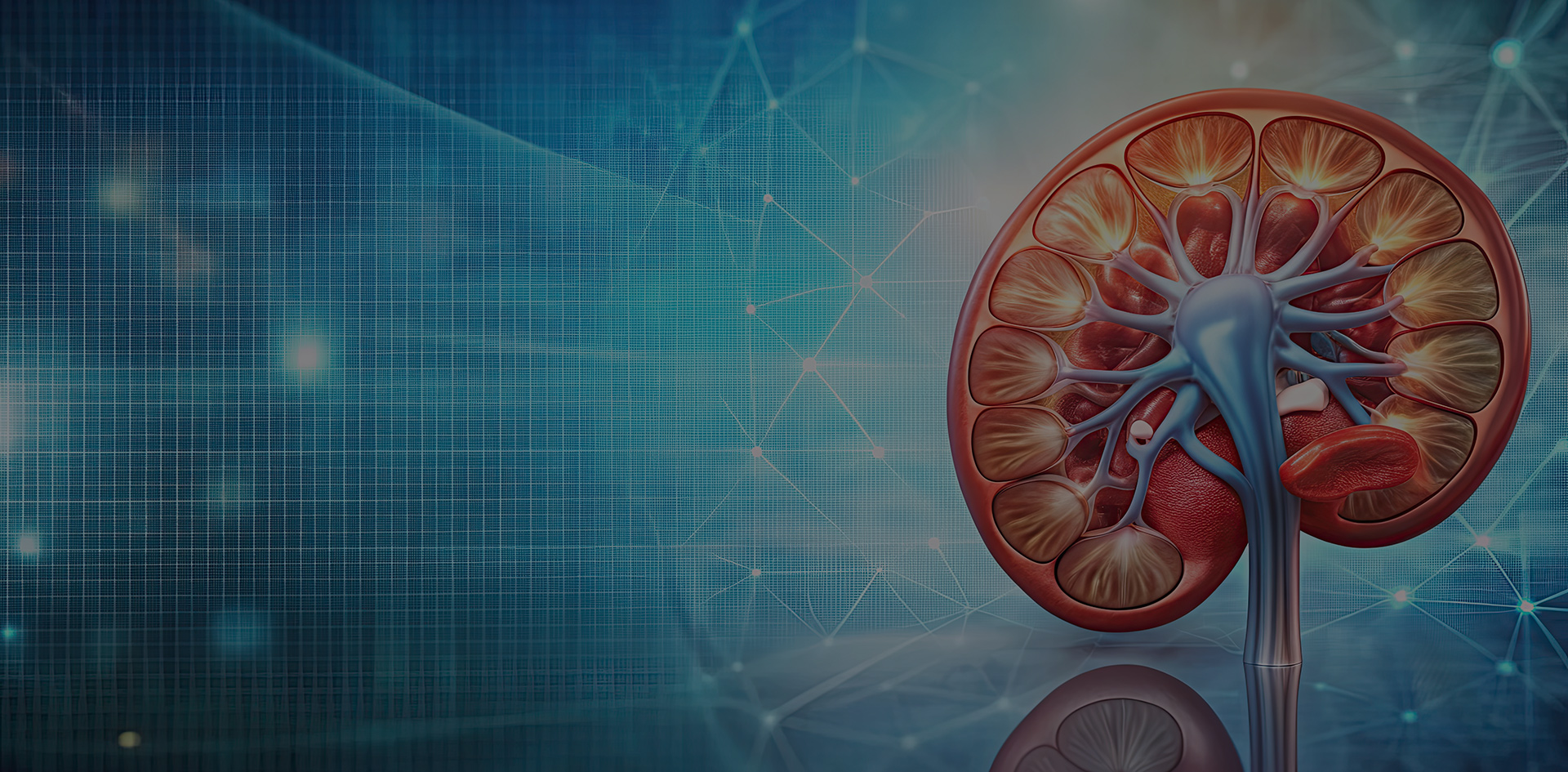

Adding a molecular dimension to pathology with mass spectrometry imaging
Webinar Overview
Spatial omics, driven by matrix-assisted laser desorption/ionization (MALDI) mass spectrometry imaging, is a unique tool that enables the simultaneous, in situ detection of hundreds of biomolecules, at various molecular levels, while maintaining their spatial relationship within the cellular network of tissue.
The technology can therefore pinpoint relevant molecular alterations in precise cellular locations that might not be evident using routine histology and immunochemistry techniques. It also provides a complementary molecular dimension that can be integrated with digital pathology approaches to shed further light on disease state, progression and response to therapy.
This webcast will discuss recent advances and applications of MALDI mass spectrometry imaging in molecular pathology, with a particular focus on its potential to support pathologists in assessing challenging renal pathologies. Moreover, the future of this technology will be addressed with regard to its integration in the evolving digital branch of pathology, amplifying the ever-expanding toolbox that can be leveraged by modern pathology.
Who should join?
Those who want to learn:
- How mass spectrometry imaging techniques can be applied with success to pathology
- How to apply spatial methods to disease typing in your own research
- How bottom-up proteomics is being paired with spatial information
Andrew Smith, Ph.D.
Andrew Smith, Ph.D., is an Associate Professor in Biochemistry and specialises in the development and application of advanced mass spectrometry imaging based approaches as an integrative pathology tool to study molecular alterations, spanning multiple omic levels, associated with disease development and progression. Andrew obtained his Bachelor Degree in Forensic and Analytical science from Sheffield Hallam University and completed his Ph.D. program in Translational and Molecular Medicine, under a Marie Curie initial training network, at the University of Milano-Bicocca.
For Research Use Only. Not for use in clinical diagnostic procedures.